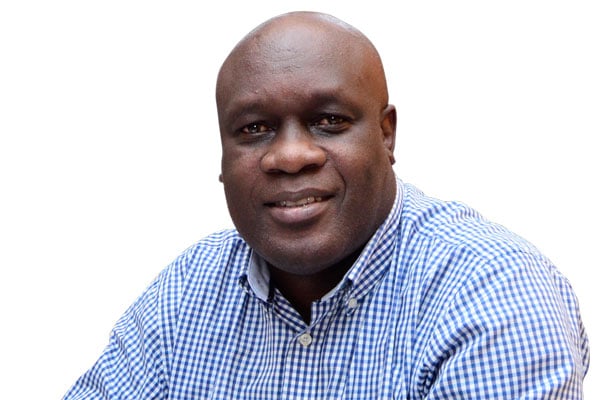Prime
Not all that looks or quacks like a duck is indeed a duck

Odoobo C. Bichachi
What you need to know:
We do encounter investigative stories in the media every so often – or at least what it looks like...
We have perhaps all heard of the famous “duck test” that goes; “If it looks like a duck, swims like a duck, and quacks like a duck, then it probably is a duck.” Well, this is “deductive reasoning that implies that a person can identify an unknown subject by observing that subject’s habitual characteristics.” –Wikipedia.
So why am I walking in duck territory this week and invoking the duck test? Well, it all has to do with perhaps one of the most impactful genres of journalism – investigative journalism. Both journalists and the public that consume journalism are enthralled by investigative reporting because of the depth and completeness it brings to a story. Indeed there are multiple awards all over the world for excellent investigative journalism and journalists that have won them wear them on their lapels – certainly well-deserved!
We do encounter investigative stories in the media every so often – or at least what it looks like – and when we do, we feel value for money. Yet many times, we also see what we think is investigative journalism but is not necessarily it which puts the duck test upside down; if it looks like investigative journalism, it probably is not!
What then can it be? Well, like swans and ducks may be confused for the other, investigative journalism and leak journalism may often be confused for the other by both the public and journalists. So what is the difference between the two?
First, let’s define each of them, starting with investigative journalism. While definitions may differ, the elements of investigative journalism are consistent in that it is “systematic, in-depth, and original research and reporting, often involving the unearthing of secrets... Investigative journalism involves exposing to the public matters that are concealed – either deliberately by someone in a position of power, or accidentally, behind a chaotic mass of facts and circumstances that obscure understanding. It requires using both secret and open sources and documents.” – Global Investigative Journalism Network.
How about leak journalism? It is “the unsanctioned release of confidential information to news media. It can also be the premature publication of information by a news outlet, of information that it has agreed not to release before a specified time, in violation of a news embargo.”
While the two are different in many ways, there is an intersection and their value to the public largely depends on how journalists put the information together starting from a leak or from plain digging up.
Víctor F. Sampedro Blanco of King Juan Carlos University, Francisco Javier López-Ferrández of Universitat Jaume I and Álvaro Carretero in their paper, “Leaks-based journalism and media scandals: From official sources to the networked Fourth Estate” point to two types of leaks: official ones and those originating from citizens.
“Official leaks are carried out by elites and respond to private/partisan interests. Citizens’ leaks come from anonymous individuals who deliver huge databases to the media for journalistic treatment.”
Each type of leak may therefore yield entirely different stories and the motivation may also be completely different.
Suffice to say that leaks are not illegal or dirty not to be touched! Indeed leaks in many ways are the lifeline of journalism because they expose the tip of the iceberg. Investigative journalists must therefore use the leaks to dig out, not to make the leak the story.
The danger of making leaks the story is well surmarised below: “…an investigation can begin from a leak, but journalists must do their own digging, verify information and provide context. Unless they do so, their reports will be distorted and incomplete. They will also allow themselves to be used to manipulate public opinion and to advance the agenda of individuals, rather than that of public interest.” – Center for News Media Teaching and Learning (CCNMTL) at Columbia University.
******
READERS HAVE YOUR SAY
David Mulabi: I have been following stories of people killing family members or torturing children for very little money or pieces of food. I believe they do not intend to kill but due to the pent up frustration they just erupt and, before they come to their senses, they have killed. My request is that you commission a feature investigation on this. This topic requires more expert psycho-social and economic digestion.
Public Editor: Thanks David for your feedback. Your ideas have been shared with the editorial team for follow up.
Send your feedback/complaints to [email protected] or call/text on +256 776 500725.



